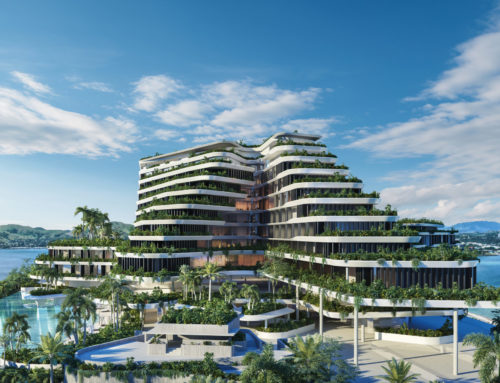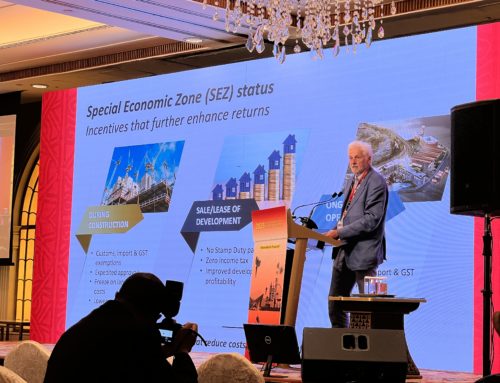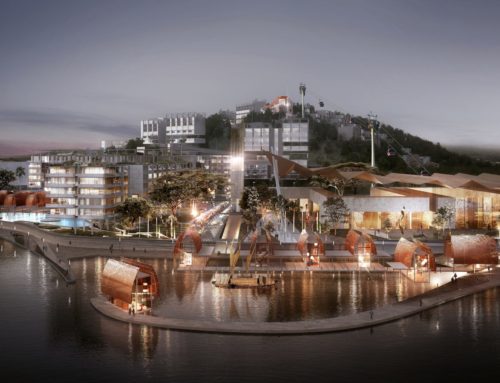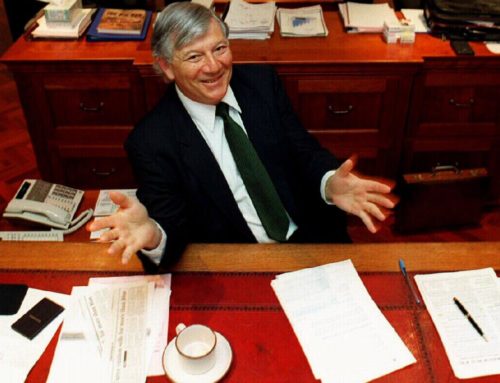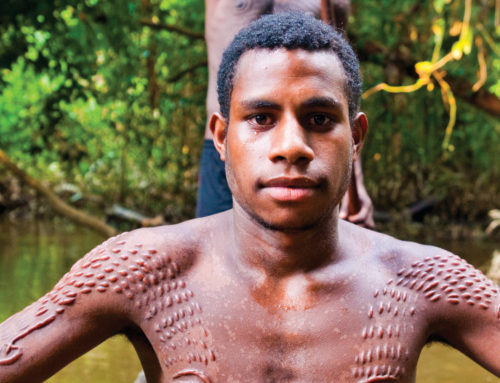Vale Grand Chief Sir Michael Somare
Friday, 12th March 2021
A nation mourns its founding father, and a region loses one of its most prominent and respected leaders. Universally loved, Grand Chief Sir Michael stood for unity and self-determination for PNG, successfully bringing together the nation’s thousand tribes, which is home to no less than a third of the world’s languages.
Charismatic yet humble, he always led by example. Standing for peace, equality and respect, and with a strong motivation for self-determination, he unified Papua New Guinea like no other could, successfully securing independence in 1975, then going on to have a lasting impact on the region.
As we mourn his passing, it is only fitting we celebrate his remarkable achievements, as well as take valuable lessons in tackling today’s challenges.
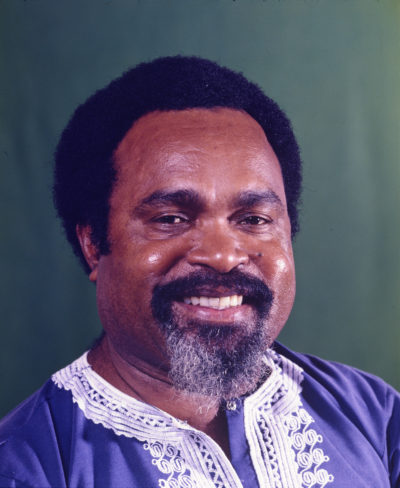
Early life
Grand Chief Sir Michael Somare was born on 9th April 1936 in Rabaul, East New Britain. His father was serving as a policeman in the colonial administration, but they soon returned to his father’s home province of East Sepik. Grand Chief Sir Michael’s early education was in a Japanese-run school, learning to read, write and count in Japanese. He would continue schooling at Finschhafen High School, followed by teaching college at Sogeri just outside Port Moresby. During the 1950s and early 1960s Somare taught in New Ireland, East Sepik and Madang provinces.
Grand Chief Sir Michael was one of 35 Papua New Guineans who attended a crash course that gave entry to the civil service. This provided him with a command of English, leading to service as an interpreter for the Legislative Council and the first House of Assembly, as well as broadcast officer with the Department of Information and Extension Services. His time in these white-dominated institutions gave him an insight into politicking.
Grand Chief Sir Michael also became a radio announcer in Wewak, East Sepik. This provided him with a great opportunity to build his profile among the people that would later elect him Member of Parliament. His critical views on the colonial administration would attract the ire of his superiors, who transferred him to Port Moresby for administrative duties. Still, he would soon find a forum for his leadership skills and pursuit of fairness, serving as Vice-President of the Public Service Association and advocate for localisation and better working conditions for Papua New Guinean workers. Grand Chief Sir Michael would then attend the Port Moresby Administrative College, like other aspiring Papua New Guineans training for positions as senior public servants.
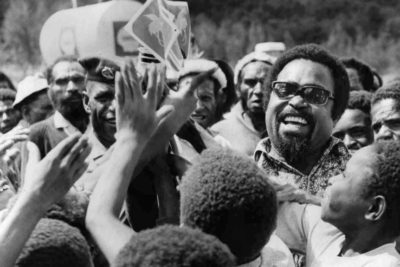
Image via Denis Williams Estate / PNG Post Courier
Early politics
The colossus of PNG’s political landscape, Grand Chief Sir Michael would eventually dominate PNG and Pacific politics, but he would first have to negotiate Australian colonial rule. It was while attending the Administrative College in Port Moresby that he became a member of the ‘Bully Beef Club’, an informal discussion group made up of PNG’s future independence leaders. This group of educated nationalists would protest the racist nature of colonial rule, and in 1967 was a founding member of PNG’s first locally initiated political party, ‘Pangu Pati’.
In 1968, when the opportunity presented for native Papua New Guineans to participate in the National Assembly, Grand Chief Sir Michael stood for election and was successful, leading the Pangu party. Pangu opted to sit with the opposition, rather than accept seats in the government. It was here, and from the outset, that Grand Chief Sir Michael practised his politics judiciously, opposing and working with the Australian government to steer a new direction. Whilst Pangu were making modest calls for self-government, independence still seemed very far away.
From their seats in opposition, Pangu consistently attacked the racist nature of colonial rule, just as they had done from outside government. Still, their politics were mild, peaceful, and even respectful. At a time when anti-colonial movements in Africa and elsewhere were pursuing armed revolution, Somare and his peers eloquently forecast:
“…if the present system of colonial or territory government continues, with all its inevitable master-servant overtones, serious tensions will develop.”
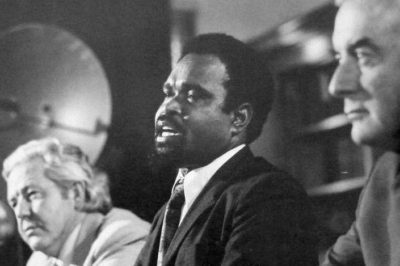
Image via Deed of Gift to Whitlam Institute
Securing independence
Motivated by his observed lack of respect, as well as systemic inequity Australians had for native Papua New Guineans, Grand Chief Sir Michael sought for a unified PNG to be the master of its own destiny. In a nation of a thousand tribes, a third of the world’s languages and immense cultural diversity, rallying the local population and lobbying Australia for independence would be no easy feat. In 1965, the Australia Minister in charge of PNG, Charles Barnes, predicted it wouldn’t happen before then end of the 20th century. Many Papua New Guineans also considered PNG as not being ready.
In April 1972, Grand Chief Sir Michael would be re-elected leader of Pangu, becoming Chief Minister. The coalition he was able to form would eventually take PNG to independence. Later that same year, the election of Whitlam as Australian Prime Minister would increase the pace of PNG’s move toward independence – Whitlam had previously campaigned in 1969 on granting PNG independence.
As Chief Minister, Grand Chief Sir Michael established a Constitutional Planning Committee, bringing together a group of capable and committed PNG leaders to pursue a “home grown” constitution. The group consulted widely across the breadth of PNG, working to ensure all wishes and beliefs were captured in the nation’s key foundation document.
Grand Chief Sir Michael would play a pivotal role in steering a delicate course to independence. Australia sought a rapid transition, whilst some in the highlands feared they would be disadvantaged by an early decoupling. At the same time, West Papua were seeking independence of their own, and Bougainvilleans were posing opposition due to dissatisfaction with mining agreement terms. The plight could have so easily been derailed had it not been for his steady and calming leadership. With charisma and compassion, he was respectful and inclusive in discussions, navigating the competing interests to somehow unify all parties behind his own pursuit.
Of course, Papua New Guinea would successfully and peacefully secure independence in 1975. In his role as first Governor General on 16th September 1975, PNG’s Independence Day, Sir John Guise memorably proclaimed:
“…we are lowering the flag of our colonisers… not tearing it down.”
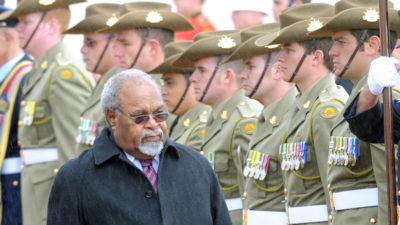
Image via AAP
A statesman of PNG and the region
In the leadup to PNG’s independence, Grand Chief Sir Michael had impressively managed to release an autobiography. Appropriately titled ‘Sana’, it is a word from his people’s language that denotes taking a peaceful, consensual approach to resolving disputes. An indelible trait of Grand Chief Sir Michael’s, ‘sana’ very much reflects PNG’s path to independence. It is also a trait that forged his identity throughout his political career.
Grand Chief Sir Michael set the precedent for how PNG could achieve peaceful changes of government. Even when ousted in votes of no confidence by his deputies Sir Julius Chan and Paias Wingti in 1980 and 1982 respectively, he always advocated for peace and acceptance of results. Ever the statesman, he spoke on the floor of parliament following his ousting in 1980:
“It is written in our Constitution so let us follow the law. Let us accept the decision and maintain the institutions.”
A strong believer in the Westminster system of Government, his Melanesian traditions were still held close, always striving for broad consultation and consensus decision-making.
Grand Chief Sir Michael is Papua New Guinea’s longest serving leader since independence, acting as Prime Minster in four separate periods totalling seventeen years. When not in this role, he was very much the power behind the scenes as kingmaker, agitator, but more often peacemaker.
Grand Chief Sir Michael’s unifying thread was ‘sana’, which left an indelible mark on PNG’s young history. Papua New Guinea remains one of few post-colonial states that have maintained an unbroken record of democracy. Given its incredible diversity and tribal roots, this record is quite remarkable, and speaks volumes of the Grand Chief’s mark in defining what it is to be Papua New Guinean.
Beyond a unifying statesman for PNG, he was also a statesman for the region. One of the founding fathers of the Melanesian Spearhead Group, he advocated for several important developments, including the inclusion of West Papua as a Melanesian community that should be included in the Group’s dialogue.
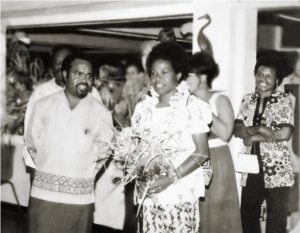
Image via Tok Piksa blog
Lady Veronica
A pillar of support throughout his entire career, Lady Veronica and Grand Chief Sir Michael had married in 1965. Ever present, but noticeably preferring to be in his shadows, Lady Veronica is PNG’s first and longest serving first lady. Sir Michael recognised his good fortune in his farewell speech to parliament in April 2017:
“I am blessed with a woman who has been my friend and guide since we were both young together”
Despite her preference for a low profile, Lady Veronica was very much the young nation’s first female role model. Present at many of Sir Michael’s public engagements, Lady Veronica’s heartfelt warmth and sincerity were and continue to be felt by all she met.
Grand Chief Sir Michael considered his success to be largely due to Lady Veronica’s support. They shared a unique partnership that allowed him to dedicate his concentration to politics. Lady Veronica would look after all matters of the family, home and even electorate, seeing to customary events and requests for support from constituents.
Still, she shared her husband’s passions and also succeeded in unifying a diverse nation – together they would affectionally be regarding as the nation’s parents.
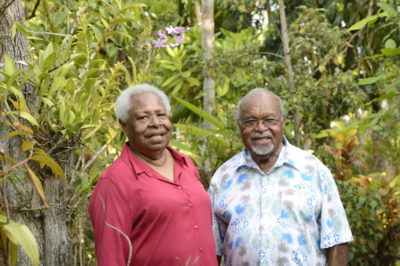
Image via www.destinationpng.com
Farewell Grand Chief
In addition to its founding father, Papua New Guinea has sadly lost a true statesman. His leadership and humility meant he was as comfortable with the Queen as he was with grassroots villagers. He unified this incredibly diverse people like no other, and his calming influence will be sorely missed across the region.
Grand Chief Sir Michael was the nation’s, and perhaps the Pacific’s best exponent of ‘sana’, pursuing consensus, discussion, inclusion and peaceful conflict resolution in the face of any challenge. While his passing marks the end of an era in this young nation’s history, there is much we can, and should learn from his example.
In securing independence, he knew Papua New Guinea’s journey was just beginning. In spite of our progress, we are yet to reach the potential he envisaged. Still, Papua New Guinea is an emerging regional leader. Blessed with so many natural resources, as well as a young, vibrant population, we have every reason to feel optimistic for the future, and for the contributions we can make. As we look to harness this opportunity, finding ourselves in the midst of competing global superpowers, within a region challenged by climate change and within a world entrenched in increasingly polarised views, we can all benefit from practising more ‘sana’.
Today a State Funeral will honour Grand Chief Sir Michael’s passing. In a break from tradition, his wishes will be honoured and his burial will take place at Kreer Heights, East Sepik. Grand Chief Sir Michael Somare is survived by his much loved wife Lady Veronica and children Bertha, Sana, Arthur, Michael and Dulciana, and we extend our heartfelt condolences on this solemn day.

